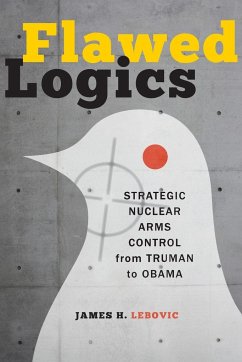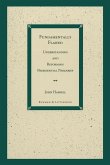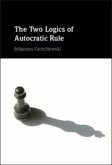James H. Lebovic explores the logic of seeking peace in an arms race. Flawed Logics offers a compelling intellectual history of U.S.-Russian strategic nuclear arms control. Lebovic thoroughly reviews the critical role of ideas and assumptions in U.S. arms control debates, tying them to controversies over U.S. nuclear strategy from the birth of the atomic age to the present. Each nuclear arms treaty-from the Truman to the Obama administration-is assessed in depth and the positions of proponents and opponents are systematically presented, discussed, and critiqued. Lebovic concludes that the terms of these treaties with the Russians were never as good as U.S. proponents claimed nor as bad as opponents feared. The comprehensive analysis in Flawed Logics is objective and balanced, challenging the logic of hawks and doves, Democrats and Republicans, and theorists of all schools with equal vigor. Lebovic's controversial argument will promote debate as to the very plausibility of arms control.
Hinweis: Dieser Artikel kann nur an eine deutsche Lieferadresse ausgeliefert werden.
Hinweis: Dieser Artikel kann nur an eine deutsche Lieferadresse ausgeliefert werden.









